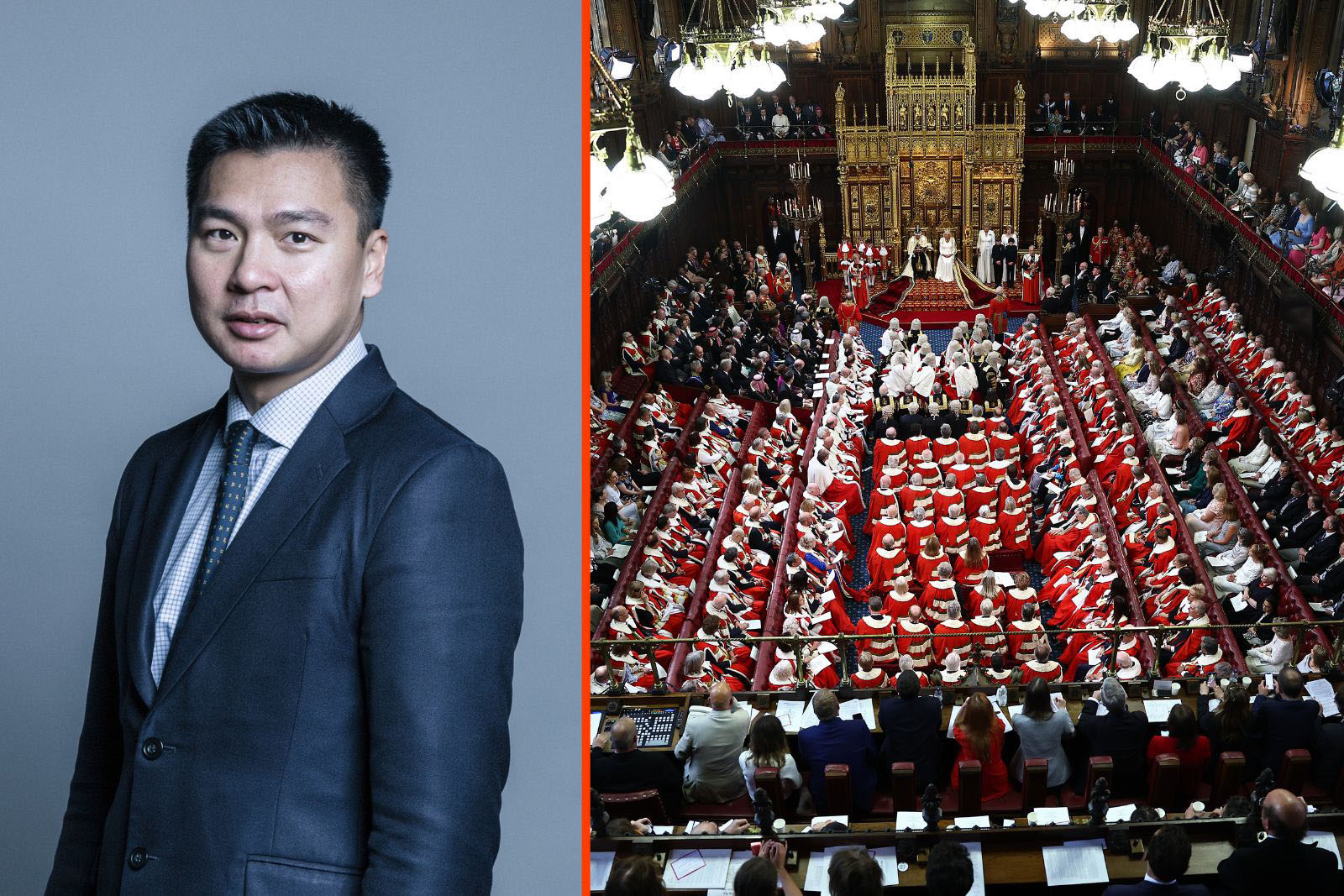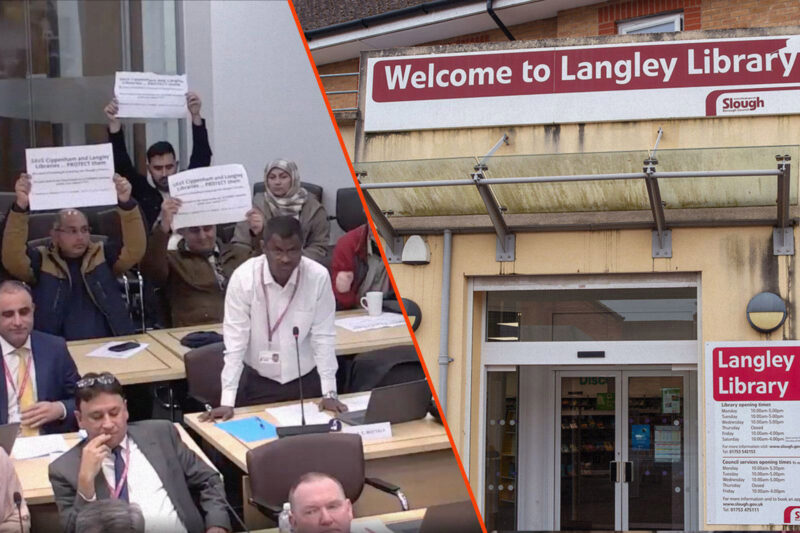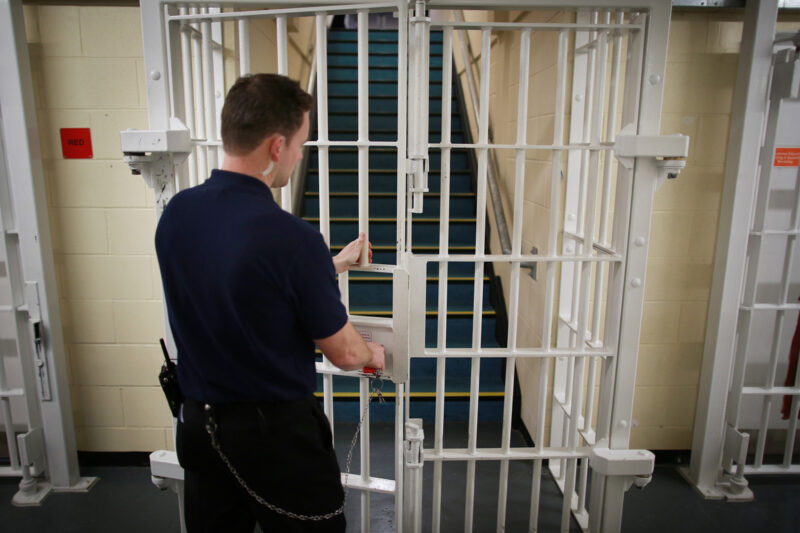Muslim families could be treated with suspicion under schools bill, Lords told
Conservative peer Nathanael Ming-Yan Wei warns of ‘mass information gathering’ under children’s wellbeing and schools bill as Prevent link surfaces

A member of the House of Lords has warned that Muslim families who home school their children could face increased surveillance and be “treated with suspicion” under the government’s children’s wellbeing and schools bill.
Speaking during the second reading of the bill, chaired by Labour skills minister Jacqui Smith, Conservative peer Nathanael Ming-Yan Wei said that the introduction of mandatory registers for children who are not in school full-time is an “unprecedented intrusion into family life” that will grant local authorities “sweeping powers” to monitor and inspect families who home school their children.
Labour says the bill, announced last year and applying to England only, is necessary for safeguarding children, and that registers of those being home schooled — which will be maintained by councils and may “also contain any other information the local authority considers appropriate” — will ensure that fewer children slip under the radar.
The bill was published following the 10-week trial of Sara Sharif, 10, during which her father and stepmother were convicted of murdering her, just four months after she was removed from school to be educated at home.
According to estimates by local authorities, 153,000 children were reported as being home schooled at some point during the 2023/24 academic year, up from 126,100 in the previous 12 months. This rise has been attributed to various factors, including mental health concerns, dissatisfaction with special educational needs and disability (Send) provision, and religious or cultural beliefs.
But Lord Wei warned that Muslim families in particular could be affected by the new home schooling registration measures. Addressing the upper chamber, Wei told peers he had been informed by a “reliable source” that the team in charge of home-education policy at the Department for Education (DfE) had overseen Prevent — the government’s counter-extremism programme. The department has been approached for comment.
Wei quoted a 2023 DfE job advert that stated: “The deputy director role in our counter-extremism and non-school education division will oversee the frontline and online Prevent delivery in education … In addition to working on counter-extremism, the division also includes a unit working on out-of-school settings.”
Prevent’s stated aim is to “safeguard and support those vulnerable to radicalisation” and “to stop them from becoming terrorists or supporting terrorism”. But concerns about its disproportionate impact on Muslim communities have been well-documented. In April, Amnesty International said that the programme was having a “racist and discriminatory impact”, by wrongly flagging people — particularly “children, neurodivergent people and Muslims” — as carrying a high risk of being drawn into terrorism, despite never having committed a crime.
Wei expressed concerns that in seeking to address fundamentalist radicalisation of children through the schools bill, the government is “now engaged, without public consultation or transparency, in mass information gathering against innocent families”.
The government’s intervention comes in the wake of written evidence submitted by Ofsted in 2020 to an inquiry on home education. The watchdog told the education select committee that home schooling posed an “increased likelihood of exposure to extremist ideology or grooming” for a small minority.
“Children attending school will be taught about fundamental British values. Children who do not attend school may not and are less likely to be known to professional staff to whom the Prevent duty applies,” the evidence read.
But research published two years prior, in 2018, by the universities of Birmingham and Portsmouth found that class and ethnicity influence home schooling concerns, and that Muslim families are most likely to choose home schooling to avoid bullying.
The authors of the research were cited by Dr Amber Fensham-Smith — senior lecturer in childhood and youth studies at the Open University — in an oral evidence session on home education in 2021. “There have been a few studies by Kalwant Bhopal and others on Muslim home educators and the ways in which they are sometimes associated with increased risk and anxiety. We need to be very mindful of different groups and the inequalities in the system that we don’t want to exacerbate,” she told MPs.
Wei asked Lady Smith if the DfE had “classed all home-educating families, and indeed any alternative school, as potential hotbeds for terrorism”, and if this justified “the indiscriminate targeting of home educators with invasive data collection far beyond anything required in mainstream schools”.
He added that “countless parents, of all faiths or none, will feel equally aghast at being classed under suspicion of terrorism simply for exercising their legal rights”.
Unlike parents and carers of children in mainstream schools — who are typically only required to provide basic enrolment information such as name, address, proof of parental responsibility, medical conditions and emergency contact details — those who choose to home school their children will be legally required to disclose more information, including who is educating the child, how often, and where and whether any third parties are involved. Any changes must be reported within 15 days. The bill will also increase data-sharing powers between schools, social services, police and other public services involved in child safeguarding.
Wei said: “We are told this is necessary for safeguarding, but the data tells a different story. Child protection investigations surged 200% from 2005 to 2022, yet 70% led to no action. Meanwhile, serious harm rates stayed unchanged. The majority of investigations are false positives, wasting precious resources and traumatising families — and still the truly abusive evade detection.”
In response to questions by peers at the end of the debate, Smith said the measures in the bill would “make children not in school more visible and better enable local authorities to take action where needed”.
 Newsletter
Newsletter













